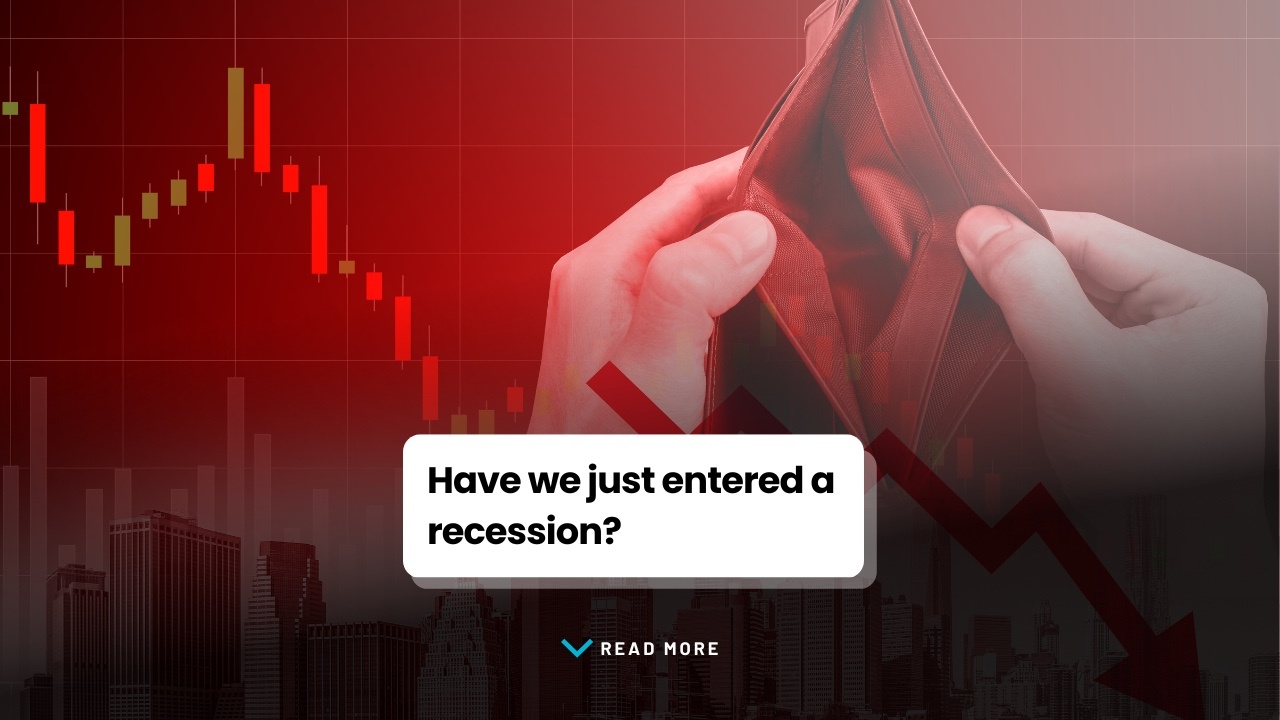
TSI #7: Have we just entered a recession?
Jul 31, 2022On Thursday, the markets barely moved following the quarterly GDP report. Gross domestic product (GDP) is the most commonly used measure for the size of an economy.
The report was not great. The U.S. economy contracted for the second straight quarter from April to June, hitting a widely accepted rule of thumb for a recession.
What is a recession really?
A recession is a significant, widespread, and prolonged downturn in economic activity.
The first thing that happens during a recession is the economy slows down. This means that businesses are producing less, and consumer spending is down. This can lead to layoffs, as businesses try to cut costs. During this time, there is a significant decline in the demand for goods and services.
How could this have happened?
Many factors contribute to the formation of a recession. I will not go into the details but let us just say inflation is the root of it all. If you wish to learn more about inflation, here is an article where I explain more (Inflation is rising faster than expected).
What is the government’s response?
The economic slowdown has created a political headache for the White House as well. In response, the Biden administration shared a blog post where they asserted that “a recession isn't simply two consecutive quarters of declining GDP; it's determined by a holistic analysis of real income, real spending, industrial production, and employment data.”
As expected, Michael Burry, who is famous for predicting the housing market crash of 2007, slammed the White House via Twitter. If you change the definition of a recession, that does not mean it’s not here.
What does it all mean for your money?
A recession is never a good thing. A post-World War II typical recession lasts about six to 12 months, although some were longer and one was shorter.
It may affect your employment and costs of living. Investments in stocks, bonds, real estate and other assets can lose money in a recession, reducing your savings and upsetting your plans for retirement.
Is there any hope?
Many analysts believe we will not actually see a recession but rather a slowdown. “We’re not in recession, but it’s clear the economy’s growth is slowing,” said Mark Zandi, chief economist at Moody’s Analytics.
Whether it gets confirmed or not, you do not have to worry much. This is nothing new but a normal part of the economic cycle. It will not affect your investments on the long term.
Short-term declines should be appreciated because that is when you can accumulate cheap assets. You will thank yourself later when the dust settles and the economy (and with it the market) starts coming back to life.
To Your Financial Freedom





